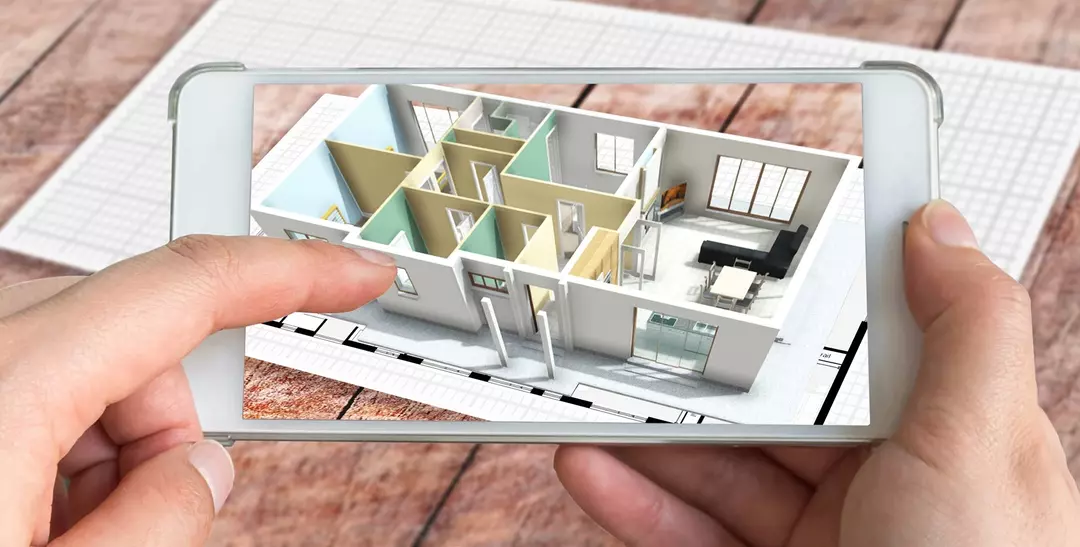Benefits of Augmented Reality (AR) for Real Estate
Posted on May 7, 2023 3 minutes 535 words
Table of contents
The rapid advancements in technology have led to the rise of augmented reality (AR), a technology that superimposes digital information onto the physical world. From gaming to education, AR has been making a significant impact across various industries. One sector that has seen a transformative shift with the introduction of AR is real estate. This blog post will explore the key benefits of augmented reality for the real estate industry and how it is revolutionizing property buying and selling experiences.
Immersive Property Tours
Gone are the days when potential buyers had to rely solely on static images and videos to explore properties. AR now enables virtual property tours that provide a more realistic and immersive experience. These tours allow buyers to navigate through properties in a 3D environment, from the comfort of their homes, which helps them get a better feel for the space. This immersive experience not only saves time but also assists in shortlisting suitable properties efficiently.
Enhanced Property Visualization
One of the biggest challenges for buyers is visualizing how a property might look after potential modifications. AR technology helps users envision various layouts, wall colors, furniture arrangements, and even renovations. This feature is particularly useful for properties that are still under construction or undergoing renovations, as it allows buyers to see the final product before committing to a purchase.
Time and Cost Savings
The adoption of AR technology in real estate can lead to significant time and cost savings for both buyers and sellers. By reducing the need for physical property visits, potential buyers can quickly shortlist properties that meet their criteria, saving time and money on transportation, scheduling, and other logistical aspects. This streamlined process benefits sellers as well, as they can focus their efforts on genuinely interested buyers.
Improved Marketing and Engagement
Real estate agents can leverage AR to create interactive marketing materials, such as virtual brochures, 3D models, and property walkthroughs. These tools not only provide a more engaging experience for potential buyers but also help agents stand out from the competition. With AR-enhanced marketing, properties can be showcased in a more visually appealing manner, attracting more prospective buyers.
Remote Property Management
Property managers can now remotely monitor properties, conduct inspections, and address maintenance issues using AR technology. This improved efficiency reduces the need for physical visits and allows property managers to better serve their clients. As a result, property management becomes more streamlined and cost-effective.
Collaboration and Decision-Making
AR facilitates collaboration between buyers, sellers, and real estate professionals, enabling them to easily share information, discuss property details, and make informed decisions. With AR, all parties involved can work together in a virtual environment, providing a more seamless and effective decision-making process.
Conclusion
The adoption of augmented reality in the real estate industry is revolutionizing property buying and selling experiences. By offering immersive tours, enhanced property visualization, time and cost savings, improved marketing, remote property management, and better collaboration, AR technology is making the process more efficient, engaging, and accessible for all parties involved. As the real estate industry continues to evolve, it is clear that augmented reality will play an increasingly important role in shaping its future.








